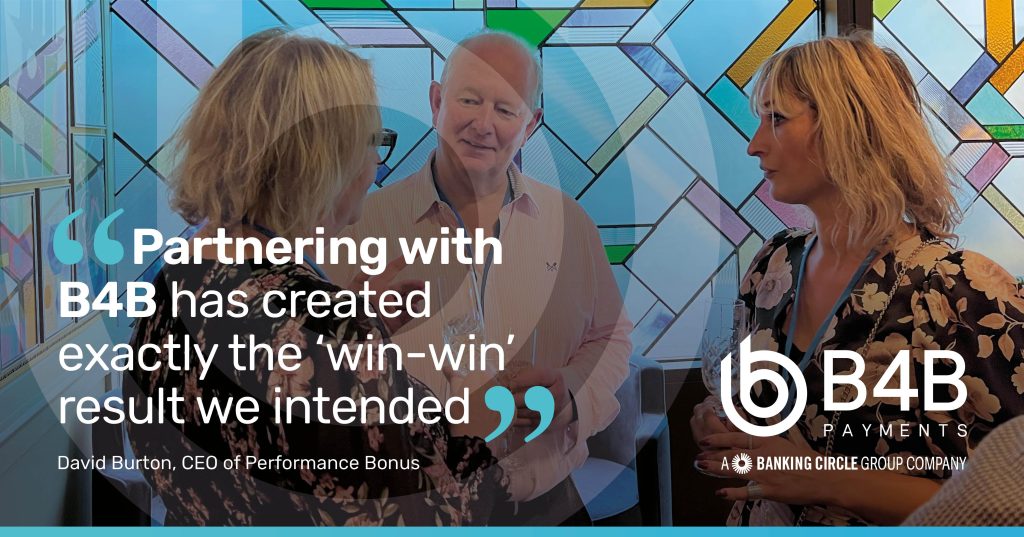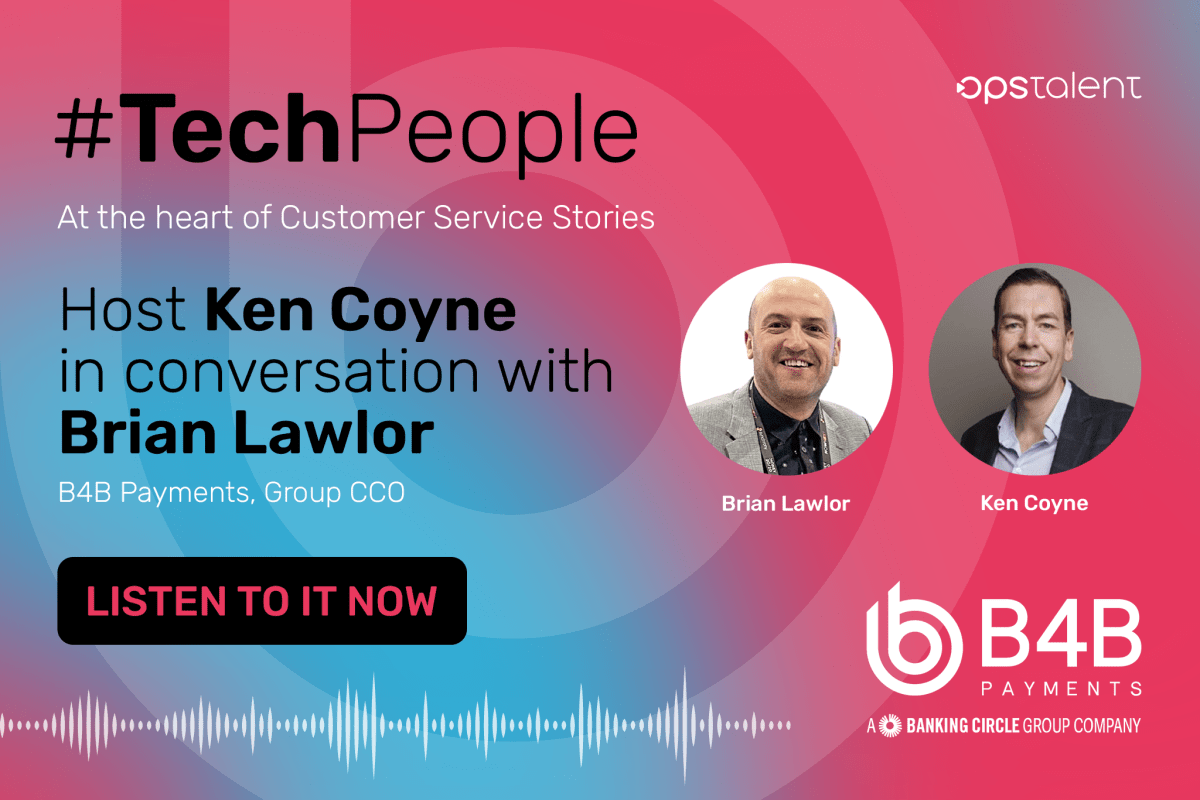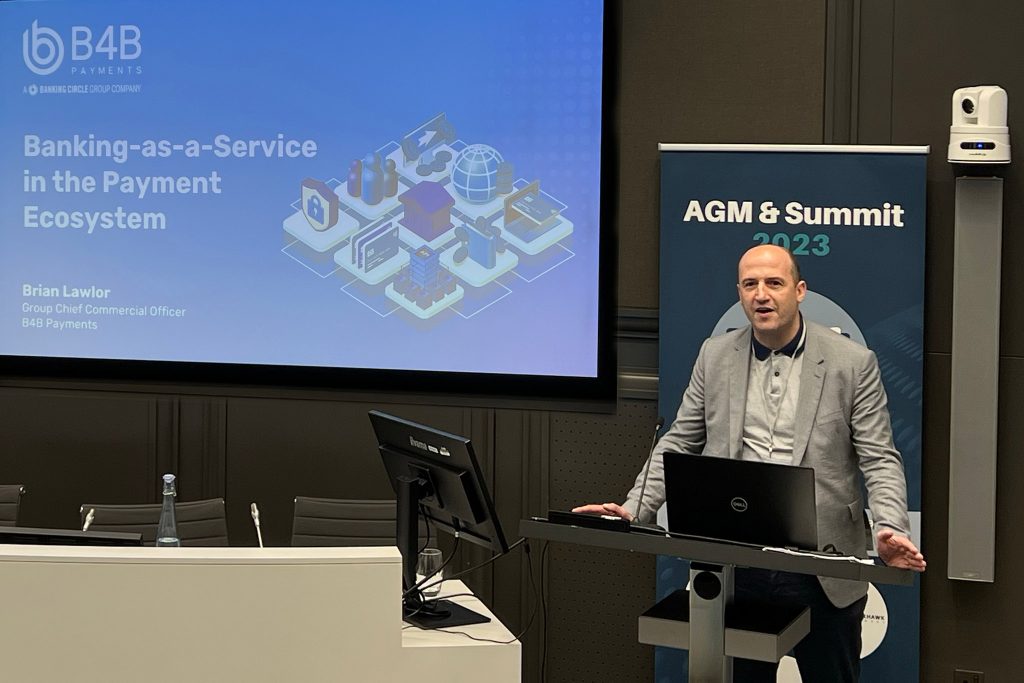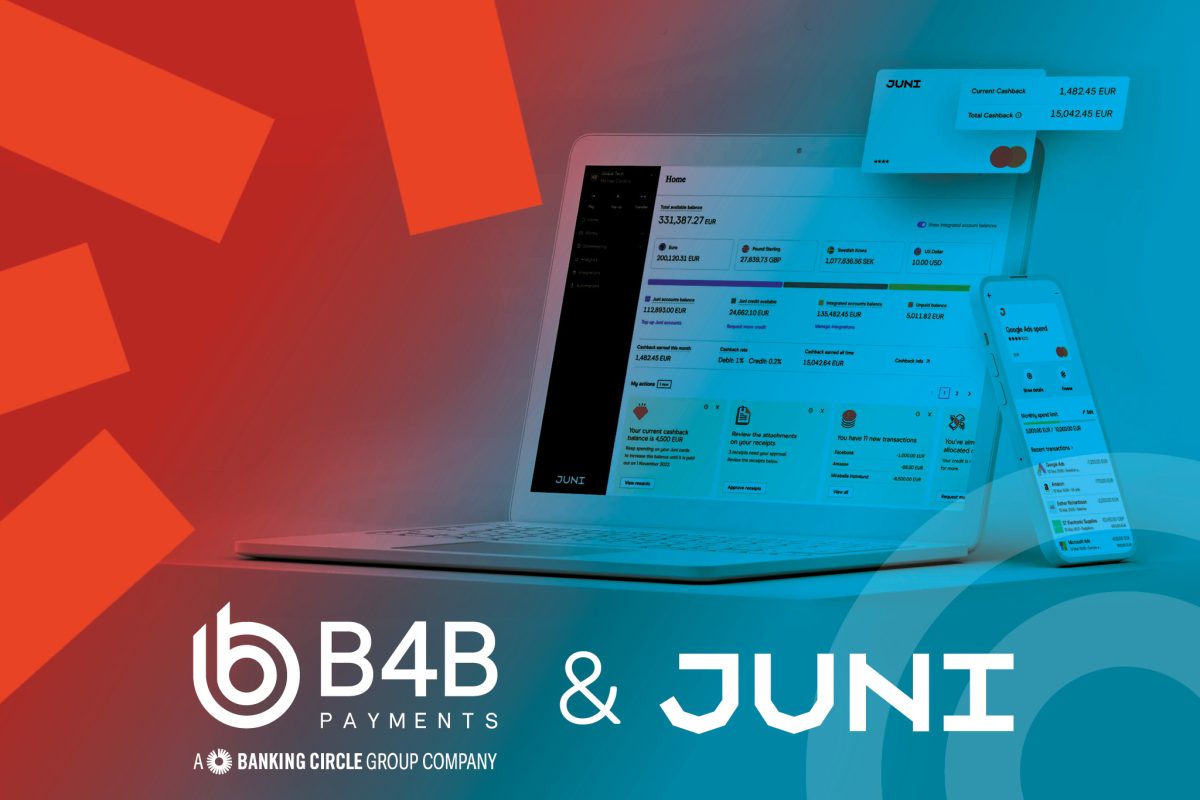Introduction
Historically, banks have successfully monopolised the financial services market. They enjoyed a position as an absolute necessity for both consumers and businesses. However, in an increasingly digital world with new rules and regulations, traditional banking models have been disrupted.
Fintechs have emerged in abundance in the last decade. They are offering innovative services and great user experiences that can adapt quickly to the constantly evolving demands of businesses and consumers.
With so many new players entering the financial stage, competition is fierce. Traditional banks have been forced to adapt and invest in digital transformation to remain in the game. They are striving to adjust and innovate so they remain relevant in a new commercial landscape being driven by fintech innovation. Traditional banks are in a state of flux.
In this blog, we uncover what led the banks to this point and the development of new fintech business models that now allow licensed banks to integrate their banking services into businesses.
Two sides of the banking story
The modern definition of a bank has been subject to many changes over hundreds of years and varies depending on the region. The primary responsibility of central financial institutions is dealing with commercial and public monetary issues such as deposits, loans, and investments on a flow-by-flow basis between internal and external markets.
The need for comparing the two sides of the story is crucial for understanding why banking is in flux and their future position within the financial sector and wider cultural society.
Origins of traditional banks
The first private and communal money service dates as far back as 1,800 BC in Babylon. Ancient merchants would deposit money and imported goods within temples.
Traditional banking was first evidenced within the Greek and Roman Empires, where private individuals and businesses would invest and lend money. The upper class of the Roman Empire chose to manage their money through pious officials, who established lending with interest and kept track of finances with written records.
Conventional banking practices were established in the fourteenth century in Venice, Florence and Genoa. The Venetian Republic created the first official central financial institution in 1587, driven by the need to fund ongoing war efforts. They forced a loan, creating the first official central financial institution. As a result, banking developed out of necessity as an efficient way to pay for war expenses, as well as goods and services worldwide.
Fractional reserve banking and the issuance of banknotes emerged in the 17th century through central banks and national financial institutions. This can be seen as the point where banks established themselves in a central and unique position in the economy. Their role was to maintain the stability of currency (attempting to curb inflation) and stabilise the general economy by offsetting shocks.
Massive rewards of the traditional banking market
Many years later, the banks had established themselves as an immovable force in the world’s economic, political, and even social affairs.
The banks also enjoyed a virtually impenetrable commercial landscape. New competitors were effectively kept out of the market. This was due to stringent requirements, such as high collateral demands and tough approval processes.
These high barriers to market entry meant incumbent banks had no real competition. Customers needed to visit a local branch where all the bank’s financial services could be purchased (after much paperwork) in a self-contained financial ecosystem. Banks, therefore, didn’t see the need to invest in advancing their services to retain and grow their customer base, as would be expected in other industries.
This lack of choice resulted in customer ‘loyalty’ and low attrition for years. Ultimately, the lifetime customer relationships and strong brand awareness resulted in the banks reaping huge profits for decades.
Origins of fintechs
Fortunately, this lack of competition in the financial services sector did not go unnoticed.
New regulations implemented by the European Union were introduced with the explicit purpose of stimulating fresh competition and innovation in the financial services market.
This came at a time when social, political, and demographic influences converged with new technology. Smartphones, apps, high-speed internet, and cloud computing made it possible to offer financial services online and through apps.
This paved the way for the birth of fintech with its brand-new technology and a focus on great user experience to fill the huge gap left by the banks.
The economic crisis of 2007-08 created a climate of distrust in traditional financial institutions. This also helped pave the way for fintech alternatives with a more transparent attitude and customer-centric approach.
A wake-up call for legacy banks
The growth of the fintech industry was a major challenge to the financial services sector and sent the long-established banks into a state of flux.
They could see how customers were migrating away from high street services to apps on their smartphones. The number of bank branch closures mirrored this shift, with 14,689 branches in 1986 to just over 8,000 by 2022.
The first target of the new fintechs was the foreign exchange and currency conversion services of the banks. Fintechs such as Transfer Wise (now Wise) were launched to specifically target this market, which had been overcharged and underserved for years.
The banks could see how their service model could be unpicked by the fintechs.
Breaking banks – the outcome
Some incumbent banks started spending billions on digitising their existing business models to try and keep pace with the fintechs. They hoped this would help maintain their market share and demonstrate an ability to innovate. Many banks are still struggling with this process ten years later.
Other incumbents tried to replicate the fintech approach of breaking their service down into component parts and developing their own technology that could be offered as a Banking as a Service (Baas) solution. Some banks chose to partner directly with fintechs to develop this technology. Essentially, it is a new fintech front end that is still reliant on legacy bank processes and policies.
Other fintechs decided to invest in their own banking licence. That way, they could cut out the legacy banks completely. They would have the latest BaaS technology without having to rely on the slow processes and approval policies of the legacy banks to underpin their solution.
The Future with BaaS (Banking as a Service)
Banking as a Service (BaaS) enables non-financial businesses such as retailers and telecom companies to ‘subscribe’ to the financial services they want to offer their own clients. Those businesses now don’t need licences or regulatory compliance to offer financial services that were previously only available via banks.
The new reality for banks
Some banks are struggling to find their way in the new competitive environment. They are seeing some big names adopt the BaaS model.
Amazon, Apple, Samsung and Ikea are using BaaS to improve conversion rates and add new revenue streams. Alipay uses BaaS to offer a range of financial services, including savings accounts, insurance, and investment products to its customers.
Among those fintechs that invested in their own banking licence were Monzo, Starling and Atom, who set themselves up to compete directly with legacy banks. B4B Payments was one of those who have been awarded a banking licence for their BaaS solution.
What’s next for banks?
The banks have had change forced on them. Legacy technology is a big part of the problem, but they also have policies and procedures that are slow and outdated compared to today’s fintechs. Some banks are still wrestling with digital transformation projects, while others are partnering with fintechs.
The trend towards payment and service convenience is clear and irreversible. Banks once enjoyed a situation where their customers had to visit their branches where all their services were available to purchase in one place. Through regulatory changes, new technology and fintech challenges, this benefit can now be enjoyed by non-financial service companies who want to build customer loyalty and increase profitability through BaaS.
Banks need to adjust to a future where they don’t hold all the cards.


























